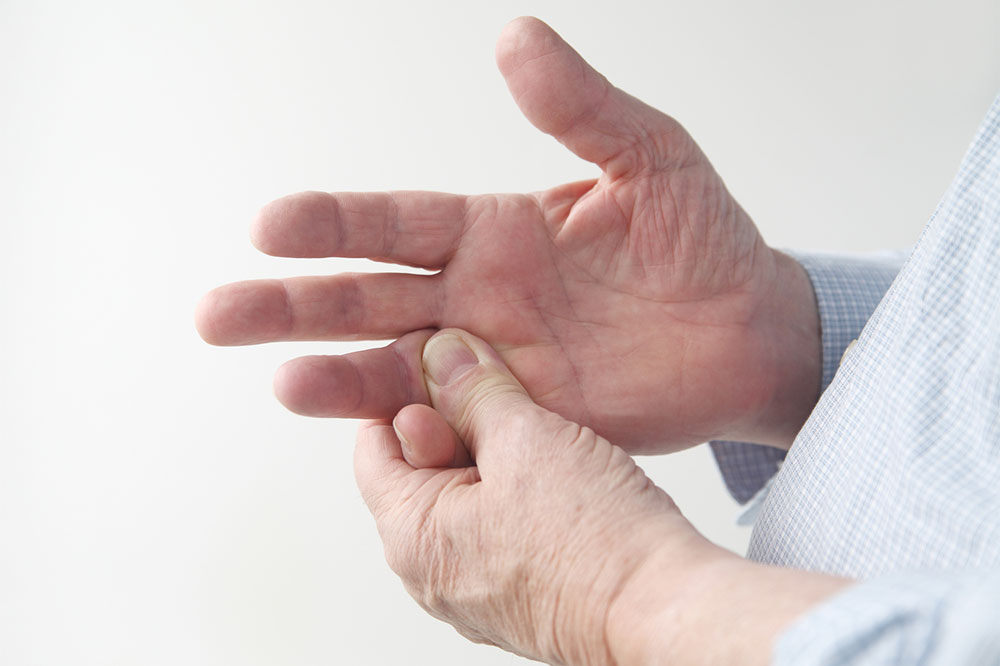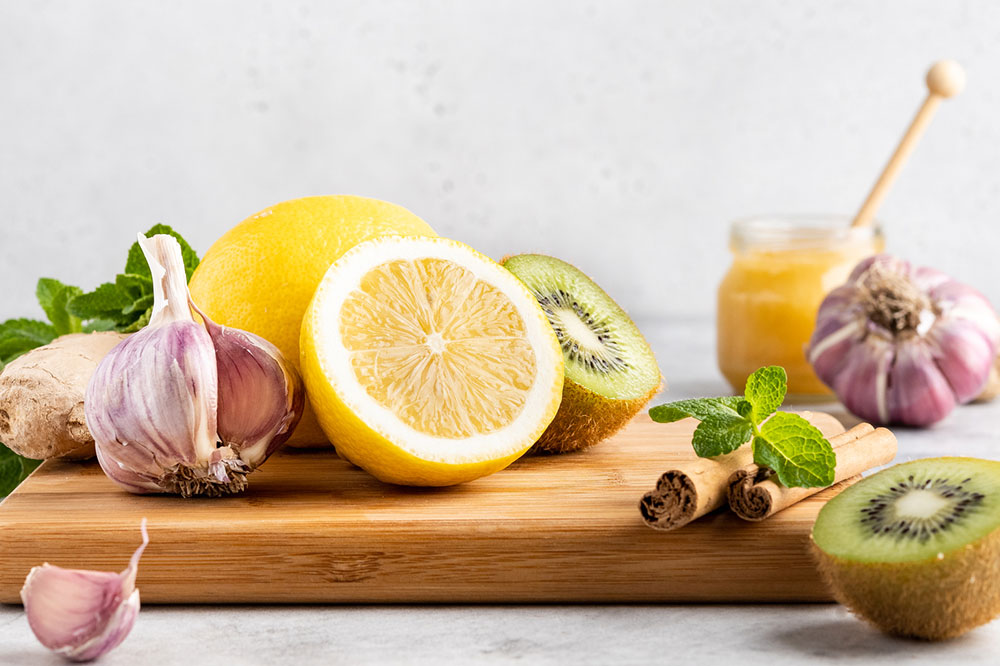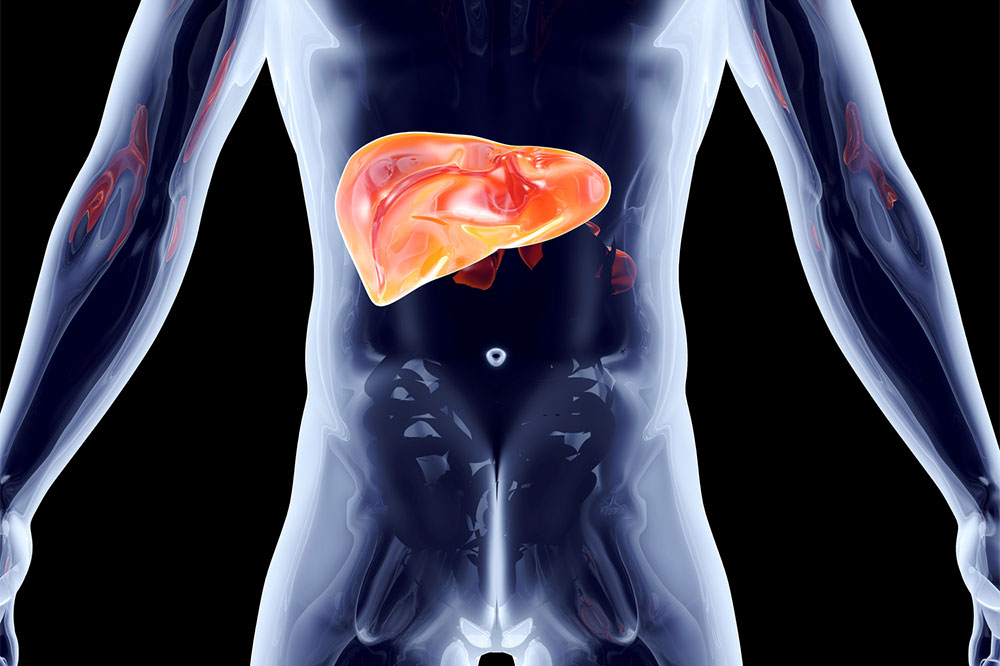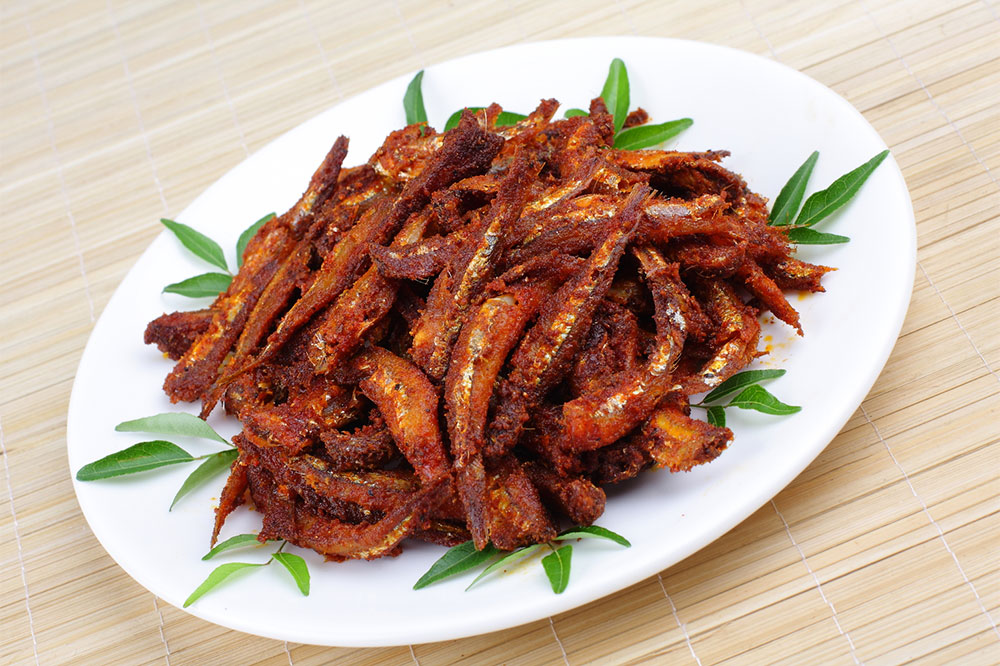5 foods that may help provide relief from angioedema
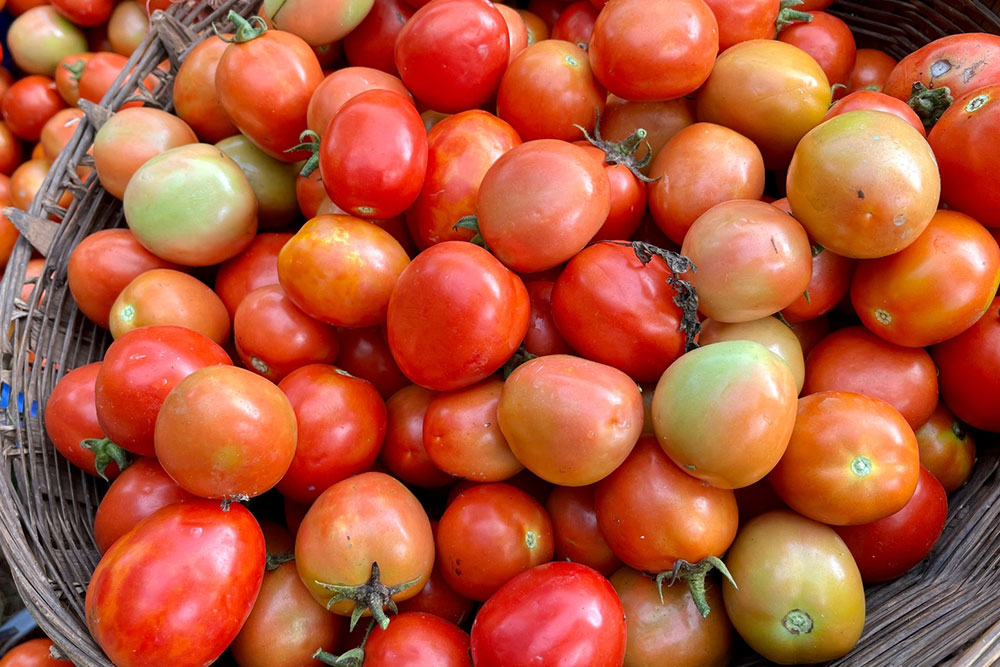
Angioedema is a chronic condition marked by sudden and severe swelling in the deeper layers of the skin, often occurring around the eyes, lips, throat, and sometimes even the hands and feet. Various factors can trigger it, including allergies, insect bites, certain treatments, anxiety, stress, or underlying health issues. Treatment options for angioedema depend on the cause, but what one eats daily can also significantly manage this condition.
Types of angioedema
Allergic angioedema may be triggered by food, pollen, and other allergens, while hereditary ones can occur due to abnormally mutated genes in one’s family. Idiopathic angioedema has no known cause but may be triggered by certain ongoing treatments. Angioedema of any type usually leads to symptoms like painful swelling, vision problems, breathing difficulties due to inflamed airways, dizziness, or even collapsing. Infections, pregnancy, or birth control may also trigger the condition. In severe cases, a person might require hospitalization.
Foods that can help with angioedema
Certain foods are known to help provide relief from angioedema. Some of them are as follows:
1. Fruits and vegetables like tomatoes
Many plant-based foods are good sources of quercetin, including tomatoes, broccoli, apples, grapes, berries, onions, and leafy greens. Quercetin is a natural antioxidant and anti-inflammatory compound found in various fruits and vegetables. Consuming foods rich in quercetin may help reduce inflammation associated with angioedema. Apart from this, carrots, pears, and cucumbers can also be eaten since they do not aggravate the condition’s symptoms.
2. Fatty fish like salmon
Omega-3 fatty acids, commonly found in fatty fish like salmon and mackerel, possess anti-inflammatory properties that can help ease the symptoms of angioedema.
3. Probiotic-rich foods like yogurt
A healthy gut microbiome can play a crucial role in managing inflammation. Probiotic-rich foods like yogurt, kefir, kimchi, and sauerkraut can promote gut health, which, in turn, may help reduce the severity of angioedema symptoms.
4. Licorice root
Licorice root is known to naturally reduce inflammation in the body, support the immune system, and help alleviate the swelling and discomfort associated with angioedema. It can be consumed through herbal teas.
5. Water
Hydration is key to managing angioedema symptoms. Staying well-hydrated can help the body process and eliminate potential allergens more effectively. Drinking water also supports overall skin health, reducing the severity and duration of swelling.
Home remedies
Apart from foods, one can employ specific home remedies for quick relief from swelling. This can include gently applying a cold washcloth to a swollen area, taking a cool bath, using anti-itch creams, wearing loose cotton clothes, avoiding rough or woolen clothes that may aggravate itching, and protecting one’s skin from direct, harsh sunlight.
It’s important to note that while these foods and remedies may relieve angioedema, they are not a substitute for a tailored medical treatment plan recommended by a healthcare professional after an accurate diagnosis of one’s condition. Moreover, each person’s response to these foods may vary, and it’s essential to monitor one’s food choices to identify what works best. Allergies or sensitivities to certain foods should be considered before making any changes.


